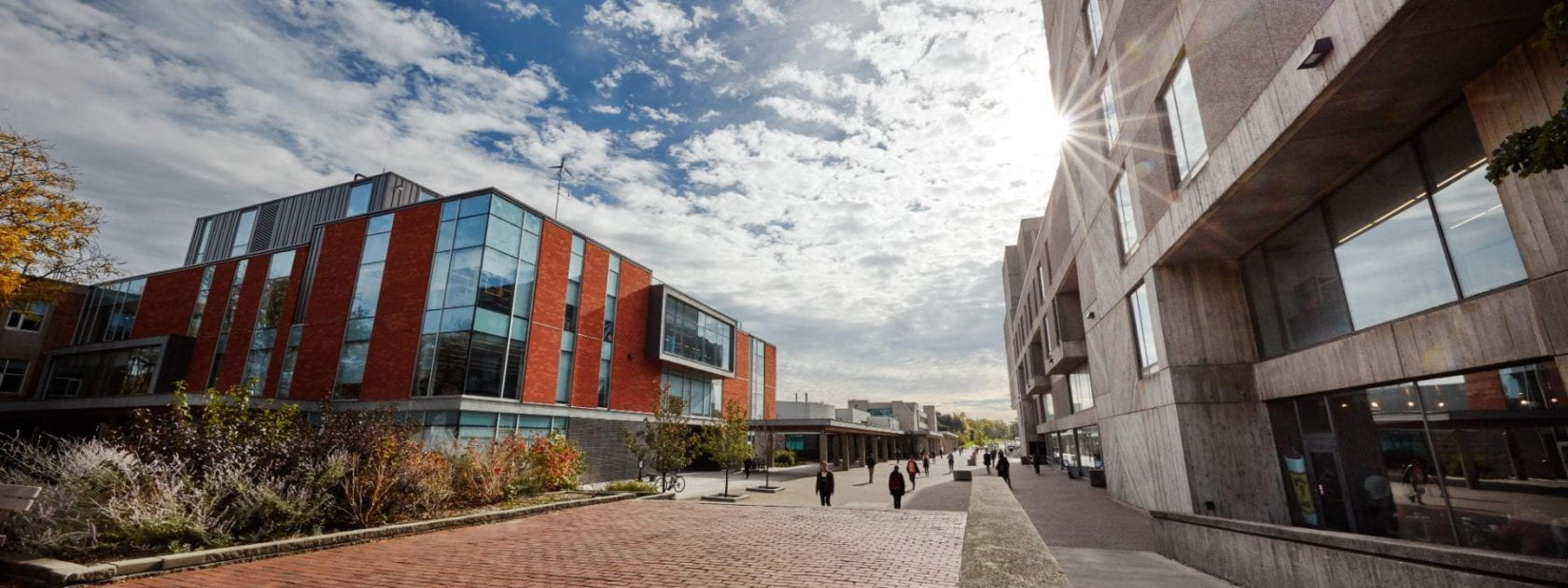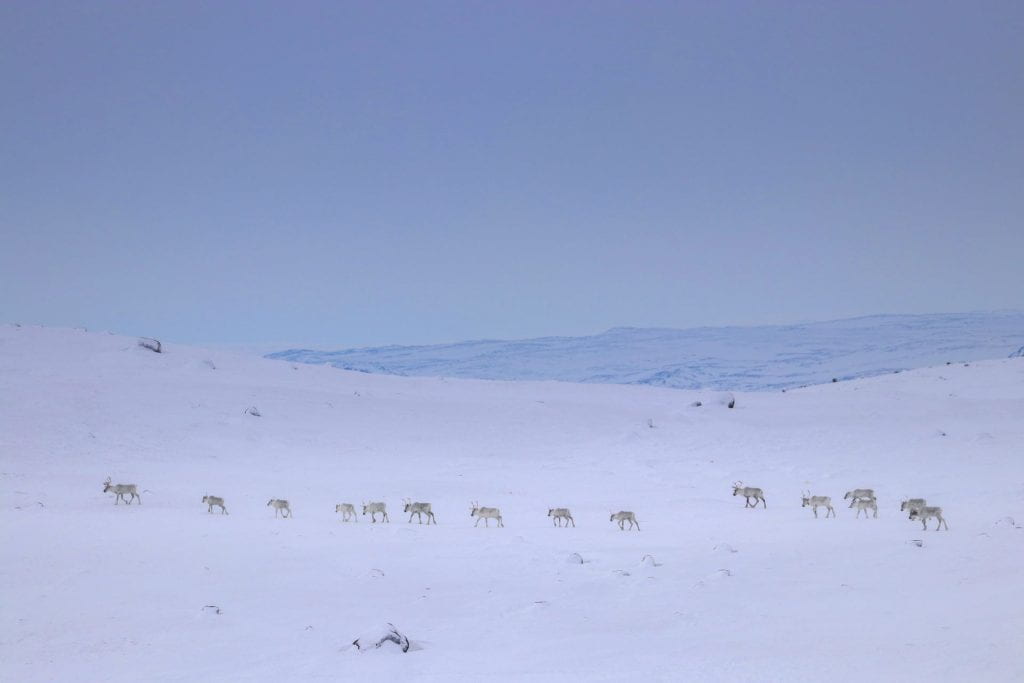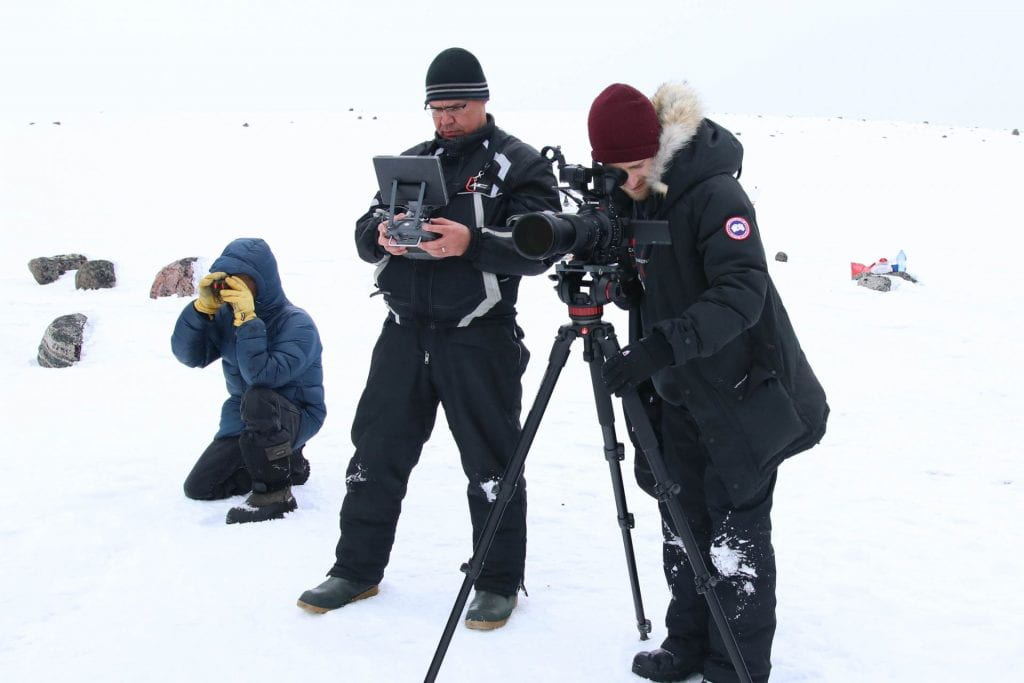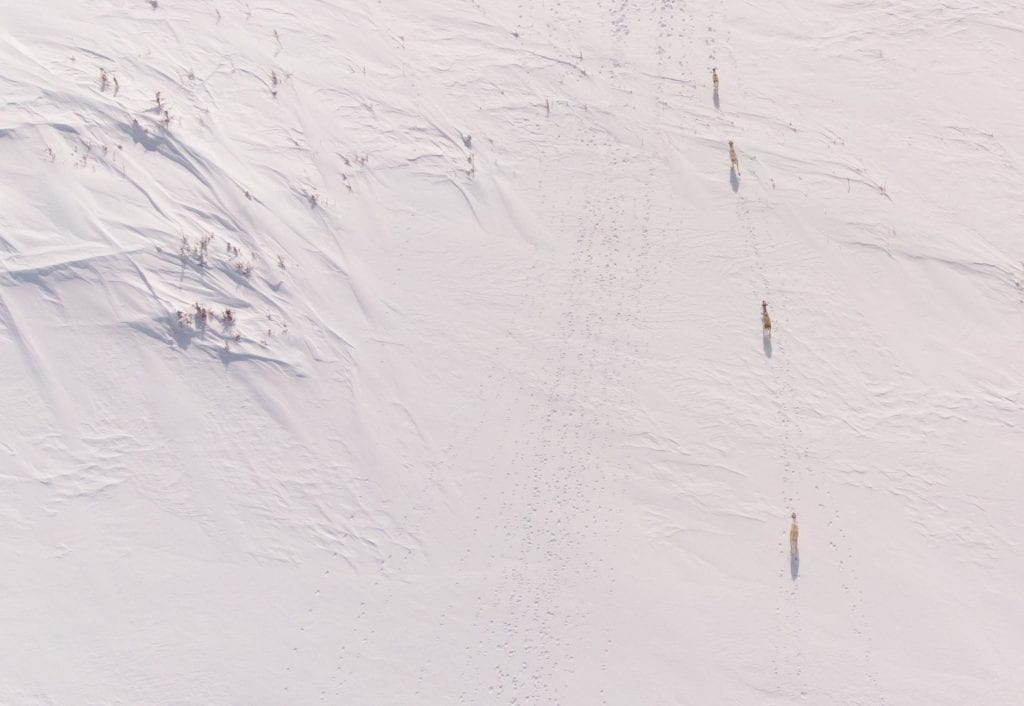Graduate filmmaker sheds light on Inuit-caribou relationships
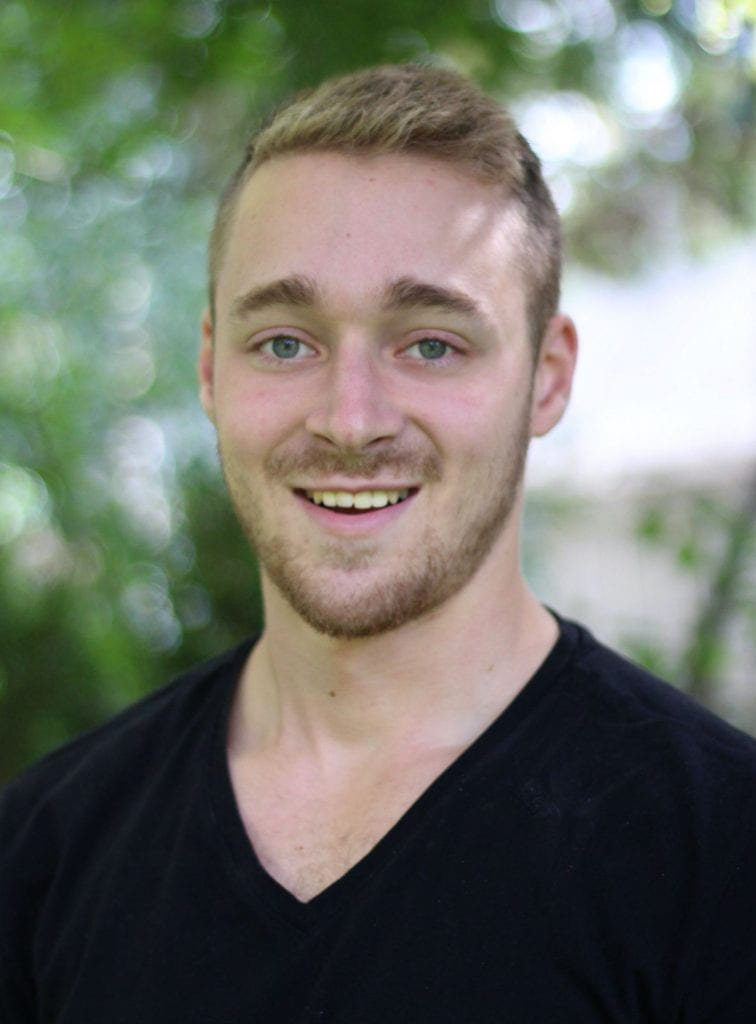
Back in 2012, David Borish entered his undergraduate degree with a passion for filmmaking and wildlife conservation. He didn’t know it at the time, but it turns out those interests would carry him into his PhD program, where he would go on to work in partnership with Inuit from the Nunatsiavut and NunatuKavut regions of Labrador to co-create a community-based, research-oriented documentary film about their relationship with caribou.
Borish initially imagined himself completing his degree and pursuing filmmaking professionally. But when the opportunity presented itself to apply film in a research setting, he pivoted and decided to enroll in graduate studies, pursuing a PhD in Public Health and International Development.
“Filmmaking is not only a great way to tell stories, but also a powerful strategy for co-producing knowledge in collaboration with communities and participants,” says Borish.
His doctoral research builds on previous experiences of using visual media to document and communicate international social and environmental issues. This includes film work about the decline of tiger populations in Malaysia, sustainable terrace agriculture in Nepal, food security and education in Kenya, and beekeeping in Canada.
Inuit in the Nunatsiavut and NunatuKavut regions of Labrador, Canada, have shared a deep relationship with caribou, and continue to depend on this animal as a source of culture, food security, emotional wellbeing, and many other aspects of their health. However, caribou populations in Labrador have been declining in recent years.
With the intention of restoring the population, the Government of Newfoundland and Labrador placed a total hunting ban on caribou in 2013. However, without having access to caribou, there have been a range of health and wellbeing consequences for Inuit.
In an effort to communicate Inuit experiences and stories related to the declining caribou populations, Inuit from the Nunatsiavut and NunatuKavut regions expressed a need to use visual media to share their own side of the story. Inuit felt that a documentary film was the most appropriate way to illustrate this human-animal relationship and amplify Inuit voices on the topic.
For this, Borish was the perfect fit. He joined the project as a filmmaker and researcher, leading the film process, conducting and analyzing qualitative research data, and blending those processes together. This was no easy task. He had to capture the complexity of the situation, communicating intangible health and social connections to an environmental issue.
The results echo this complexity. Inuit expressed how caribou acted as a source of wellbeing and food security. They described how caribou and hunting caribou facilitated important social connections, cultural practices, and knowledge of the land that could be passed down between generations. And they revealed how Inuit have been experiencing a range of complicated emotions, such as sadness and grief, as well as alterations to personal and collective identity.
“It’s important to recognize that there are health connections that might not be obvious when it comes to conservation issues,” says Borish.
This illustrates a foundational principle of One Health – that is, the concept that recognizes how human, animal and environmental health are interconnected – which is inherent throughout Borish’s work. From his doctorate’s collaborative approach to the final results, it highlights the need to reflect on and reframe the boundaries of what we consider health to be.
Borish is paving the way for future researchers to use film and storytelling methods to conduct and communicate their research and will surely be applying what he has learned throughout his degree to future projects.
He plans to continue documenting, exploring and communicating stories that meet at the social-health-environmental nexus. He hopes to work in collaboration with communities to co-create a combination of research and visual media outputs, such as documentary films, about their lived experiences and relationships with wildlife and ecosystems.
“If you are someone who is looking to work in partnership at the community-level to explore health and environmental issues,” says Borish, “finding ways to integrate visual media into the research process may really help.”
Borish’s work was supported by the Nunatsiavut Government, NunatuKavut Community Council, the Torngat Secretariat, and the SSHRC.
The documentary film from Borish’s PhD will be premiering in the fall of 2021. You can learn more about it and the whole project here: https://www.inuitvoicesherd.com/
To stay updated on Borish and his work, visit his personal website: https://www.davidborishvisuals.com/
Update: David Borish graduated with his PhD in 2021.
Article by Anna McMenemy
Hear PhD graduate David Borish describe the need for and importance of a broadened view of health:


